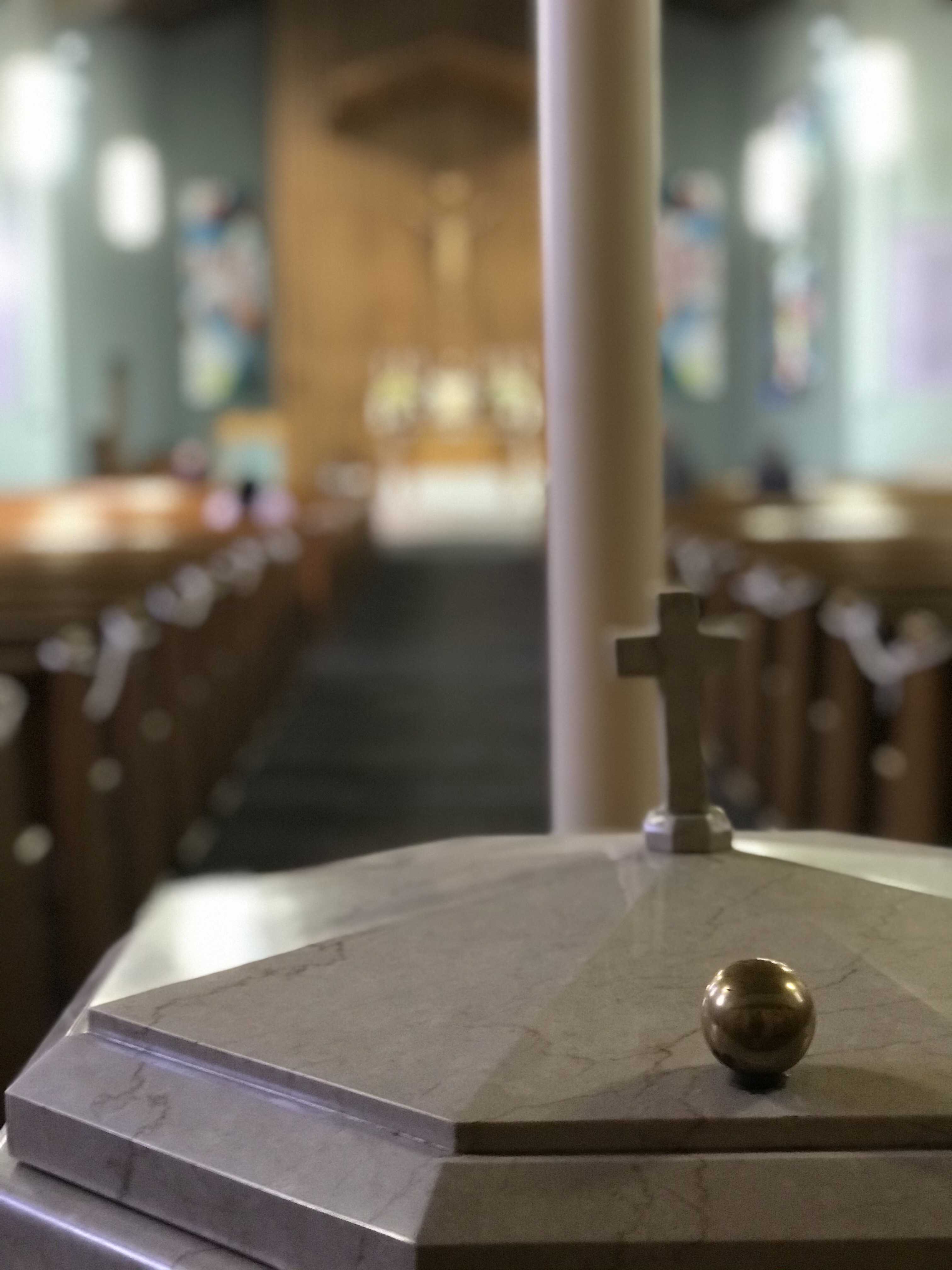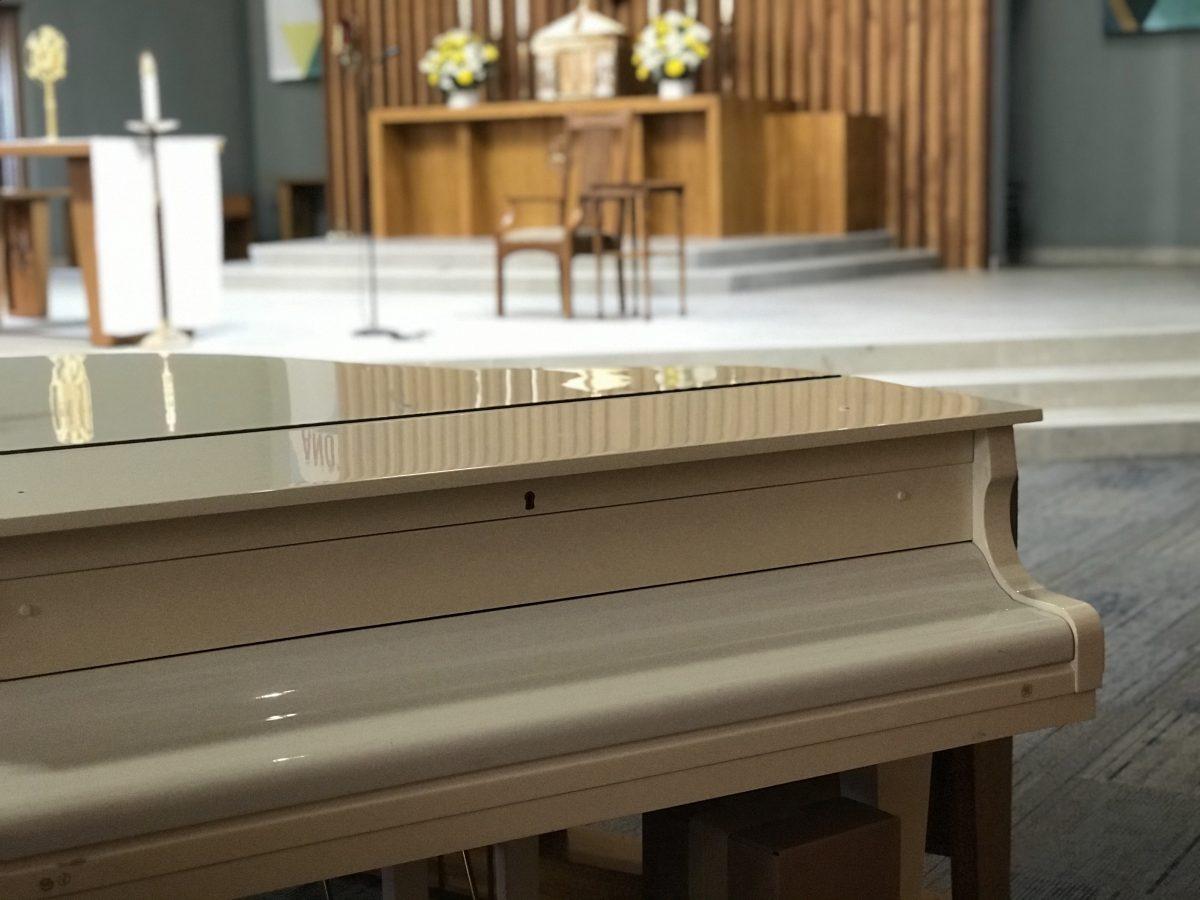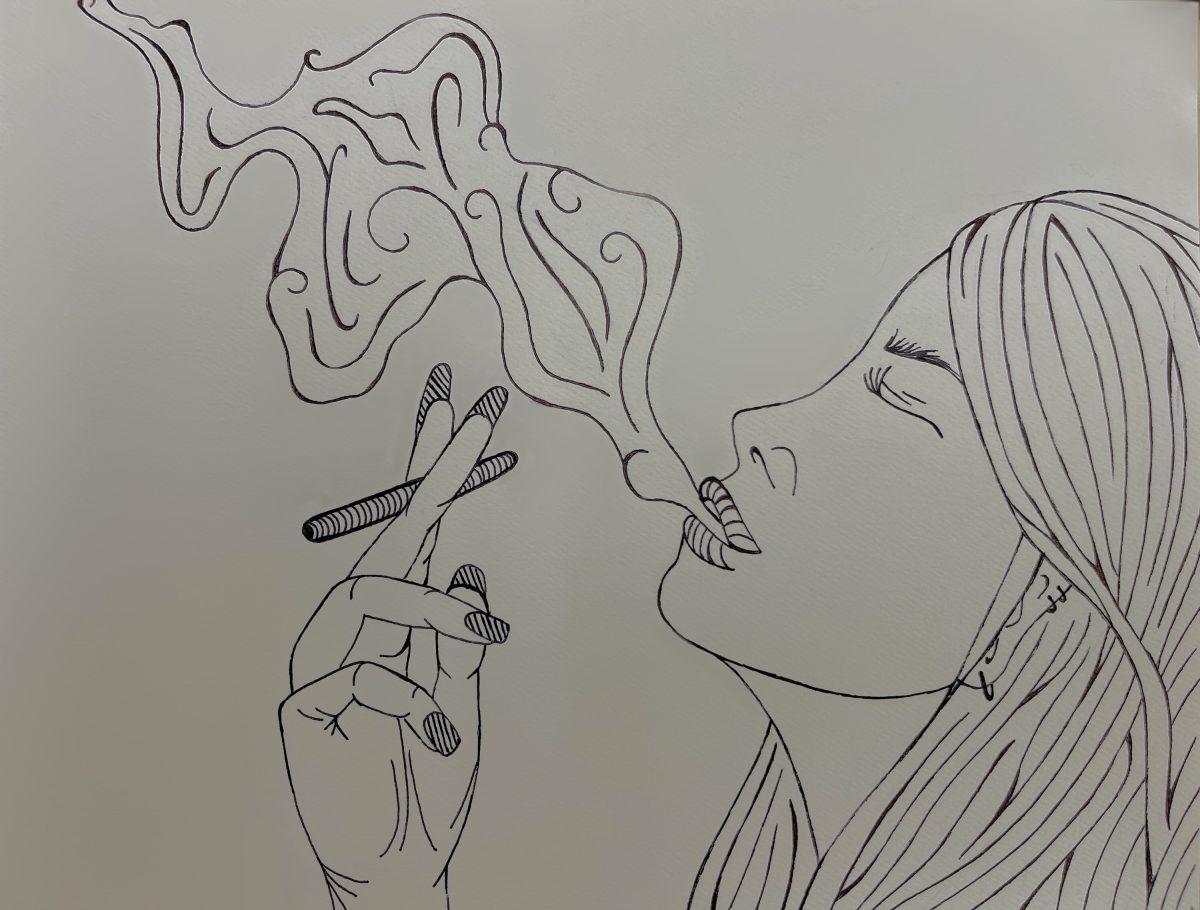The end of November is approaching and the festivities of fall and winter holidays such as Thanksgiving, Hanukkah, Diwali, and Christmas are right around the corner. Yet members of the San Marin community claim they do not understand the true origins of these celebrations. As the United States is becoming more secular and revolving around consumer culture, many feel faith has been extracted from these and other popular religious holidays.
“The modern definition of Christmas has turned into getting a tree, decorating the house, and opening gifts, which is the non religious aspect of it,” junior Sara Bazikian said. “Yes, people can celebrate it like that, but what they are actually celebrating is not what the holiday means,”
Dec. 25, or Christmas Day, commemorates the birth of Jesus Christ according to Christian belief. Santa Claus, a popular Christmas icon, originated from a monk named St. Nickolas who traveled the countryside sharing his wealth with the poor and sick. Christmas trees are said to date back to Pagan traditions of decorating their homes with fir branches during the winter solstice.
“Christmas specifically, has this whole other connotation outside of religion which is why people celebrate it,” President of the Jesus Club junior Phebe Klinge said.
According to Pew Research Center, nine in ten Americans celebrate Christmas, yet 64% of Americans say they do not celebrate Christmas primarily as a religious holiday. This kind of trend is seen in other popular holidays such as Halloween, Easter, and Thanksgiving. One San Marin student argues this is because people do not understand where holidays come from.
“In elementary school they would kind of tell us what the origins of Halloween are, but I don’t even remember it,” Bazikian said. “Consumerism also plays a role in this.”
In 2019, holiday retail sales amounted to $729.3 billion in the U.S, data from Statista revealed which is significantly higher than the report in 2000 of $400 billion in sales.
“Everyone has a different opinion of what holidays are and those different definitions give into consumerism,” Klinge said. “Holidays increase consumerism.”
Consumerism dates back to the 1700s when capitalism became the basis of the economy and the Industrial Revolution took place, but it was not until 1950 when consumer culture took off. The 1950s was also when television sets became a popular item in households influencing society with ads and entertainment programs.
“Consumerism helps to turn some of these holidays into big cultural events,” New Life Church pastor Caleb Klinge said. “On the other hand, it also tends to obscure the heart and significance behind the various holidays.”
Multiple community members argue students should be educated on religion and their various holidays to not only bring faith back into the holidays, but give students perspective on culture across the nation.
“It’s impossible to understand current world events without understanding some of the ideological forces behind those events. Knowing other cultures is an important part of learning empathy and seeing where people come from,” Caleb Klinge said.
The separation of the church and state is clearly defined in the first clause of the Bill of Rights, but religion can be taught without breaching this agreement, student alumni parent JeanEmma Bova explained.
“All religions should be taught in school,” Bova said. “You should be taught about Catholicism, Christianity, Protestantism, Islam. Teach kids about all of it: Hinduism, Taoism, everything! People on this planet have these religions. It’s a fact. It’s history.”

Many San Marin students attend local Novato church Our Lady of Loretto during the holiday season. This is also where student alumni parent JeanEmma Bova sent her son to get a Catholic education.







































Ted Chor • Nov 17, 2020 at 11:33 am
Fantastic article! The brevity with which you write is quite refreshing.